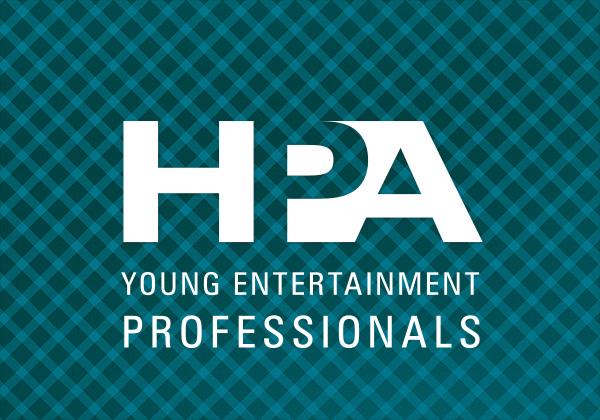STORY FIRST: BREAKING THROUGH THE CLUTTER IN THE AGE OF MARIE KONDO

Can you recall your your first computer, or video game console?
What about your first camera, or cellphone?
Did those new things “spark joy”?
It’s probably effortless for you to dredge up these memories of your “firsts” along with what they represented; new worlds with seemingly infinite possibilities for exploration and creativity!
That is, until the Grimm Reaper of technology appeared in the form of a blue screen of death, corrupt cards or hard-drives, loss of data and saved progress, or a discontinued generation; a reminder to not become too dependent on a single device, for it may be dead tomorrow. This void then initiates an eager search to replace your defunct device with something that will expand your horizon.
I remember discovering my first editing software as a youngster, and imagining all of the exciting creative possibilities. It was Windows Movie Maker (which now sparks PTSD… not joy). The application was agonizingly buggy, but it was the only program I had access to back then, and it got me by.
As I truly began to understand the power of editing and storytelling, I convinced my parents to buy me affordable NLEs, such as Magix, Sony Vegas and others which have since gone extinct, and they, too, got me by. As I dove in deeper, it quickly became clear that Apple’s Final Cut Pro, Adobe’s Premiere Pro and AVID’s Media Composer were the powerhouse NLEs. Finally, in college, these were within reach.
Fast forward: Some NLEs have grown with their niche communities, and some have lost their momentum. The Final Cut Pro story, for example, is now one of disappointment in respect to what it was, and what it could have been. This isn’t to say that FCP doesn’t have a place in today’s world (it does…), but it’s simply not as prevalent of a force as it once was. Apple sought out other priorities and allowed the program to evolve in an unpopular direction, changing the landscape.
With the emergence of DaVinci Resolve 16, Avid’s redesign of Media Composer, and Adobe’s 2019 update of the Creative Cloud, the editing landscape is changing yet again. These innovations are seemingly in response to one another; for example, Adobe implemented Freeform bin view in Premiere, which has long existed in the AVID; AVID’s redesign of MC shares similarities with Premiere’s functions and UI; Resolve and Adobe both now include “Content Aware Fill”, and it’s arguable which one performs better.
In an effort to learn about these developments, I joined some post production groups, such as LACPUG, LAPPG and BCPC. Additionally, being part of HPA’s “Young Entertainment Professionals” led to becoming an affiliate ACE member, granting me access to even more educational opportunities. Learning first hand from the product designers, professional editors and educators is a surreal and invaluable experience.
But, regardless of how many technical terms, new features and applications are thrown into the mix, all of these groups agree on one thing: it’s storytelling that will forever remain at the core of what we do.
Of course, the tools can empower us to consider different avenues in which to construct our stories in the most impactful and effective ways, but they must never distract from the story itself.
After all, a timeline is a timeline… right?
It is a near impossible challenge to keep up with the Joneses (and Kardashians) in this ever-changing world, and that’s okay. The landscape will continue to change, so take the pressure off of yourself. Sure, absorbing even just one tip or trick can enhance your flow, but always remember to allow the story to come to life.
I recently read “Behind the Seen” (2005) which highlights Walter Murch’s transition from AVID to FCP for the editing of “Cold Mountain”, and was struck by a quote describing Murch’s open minded nature in that, “He is seeing the benefit in working a different way. Not a lot of people are willing to set aside the tools that they’ve honed their craft on and have the confidence in their craft.” (Koppelman, 108).
In other words, don’t get hung up on the tools.
This isn’t to say that the tools aren’t important; they are, and you should never stop learning them. And, I’d be remiss if I didn’t mention two more: your mind and body. You must also learn and pay attention to YOUR needs, or the story will suffer. I now have my first standing desk (sparks lots of joy!!), changed my diet, include unplugged meditation in my day, and already feel a dramatic enhancement in my creativity and confidence. I feel a responsibility as a YEP to adopt best practices, and I hope this also inspires you to look beyond the tools, to focus on what matters (story!), and to find what sparks joy in your life.


